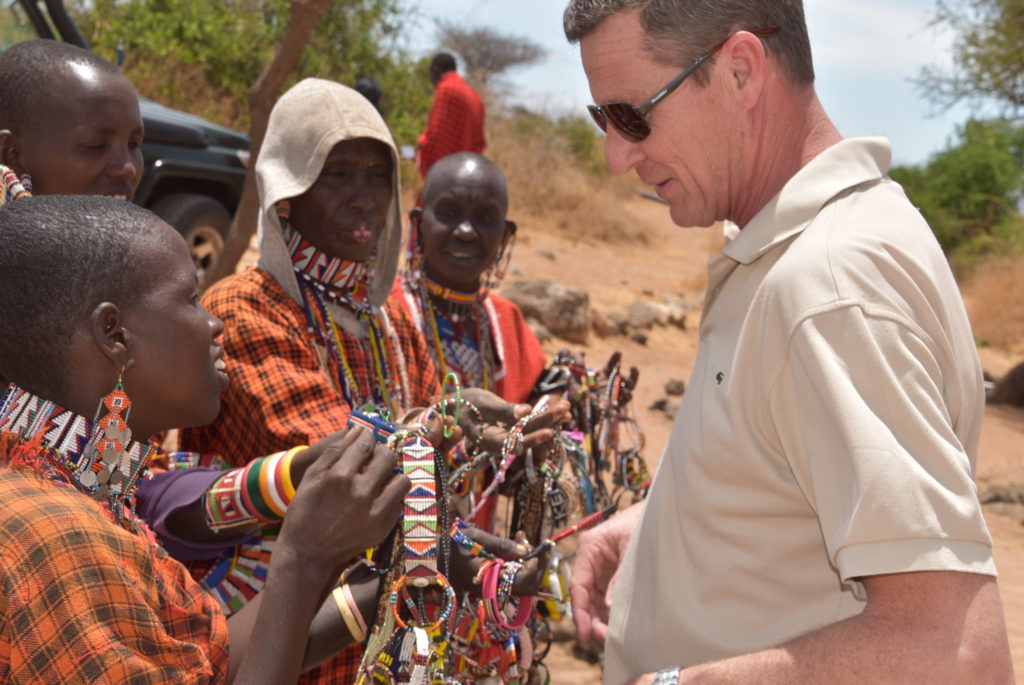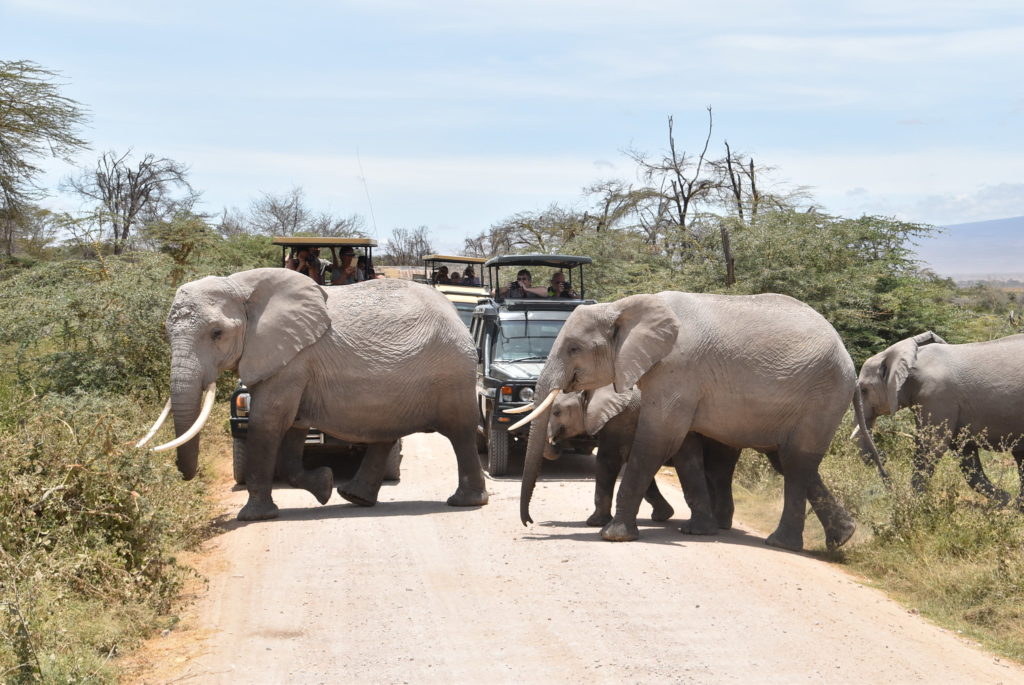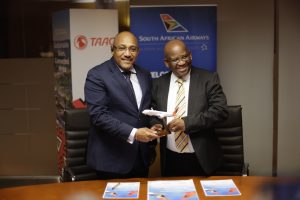The travel, tourism and hospitality industry is continually changing, with the internet creating shifts in traveller behaviour. New market players, business models, value chains, applications, systems and platforms make the day-to-day business of hospitality and tourism extremely complex.
The hospitality and tourism industry has remained steadfastly traditional, not adapting well to these changes. Aside from start-ups trying to disrupt single aspects of it, the industry is not innovative.
Emerging, small, medium and independent hospitality and activity providers, as well as small independent tour operators in destinations are increasingly overwhelmed, unable to cope with faster changes and growing complexity.
In Africa, only 10% of the 200,000+ providers have a digital presence and only 15% of them are using technology to operate and manage their business. This puts them at a huge disadvantage. They are unable to partake in the digital paradigm shift and create the business results in terms of occupancy, revenue and profit that they could, were they so enabled.
These businesses have become totally dependent on the traditional and no longer sustainable value chain of DMC -Wholesale-Retail-Traveller. At the same time, traveller behaviour has changed completely, with their demands, wants and desires very different than they were 10 years ago.
The move from organised group tours to individual travel has had a huge impact, while the availability of information on the internet has had an even bigger impact in catering for the traveller’s mental model of Dreaming, Planning, Booking & Paying, Experiencing and Sharing.
Furthermore, people no longer travel for 3 or 4 weeks for their annual vacation, instead travelling 3 – 5 times per year for shorter periods.
Most African destinations still provide and promote the same as they did 20 years ago. They have not changed their offering, presentation, visibility, reputation and distribution to adapt to market and consumer changes.
Today’s travellers research online for months, visiting hundreds of websites, social media and review platforms, online travel agents and so on. In the dreaming and planning phase, they are in no hurry. However, when they have made their decisions, their mindset shifts. They demand instant gratification when it comes to booking and paying for the trip.
This is when 90% of the providers in African destinations fail. The customer is ready, but the in destination providers are not. They do not enable the customer to do business with them seamlessly. When the customer shifts to “instant gratification” mode, they do not want to email, send enquiry forms or telephone the provider.
This results in three types of losses for the destination and its businesses:
The customer decides to go elsewhere, as it is just too complicated to book.
The customer takes the planned itinerary to a high street travel agent to make the booking. As a result, the supplier in the destination pays them 60% to 80% of their profit for no good reason.
The customer uses online travel agents. Again, the in destination supplier pays 60% to 80% of their profit for those bookings.
Due to the market power of large online travel agents and Google, the traditional value chain is under heavy pressure. Disruptive consumer-focused products are entering the market and hunting for travellers. Large wholesale operators in major source markets are utilising a strategy of vertical integration. Some have done this already for the traveller, the next step is the supplier. This will change the business of a traditional value chain, DMCs and Inbound Tour operators forever.

Suppliers in African destinations are under increasing pressure from DMCs and traditional value chains to offer lower rates and higher commissions. They are asked for extra payments for brochure contribution, exhibitions and fam-trips for travel companies, increasing the commission ever more.
DMCs often make block bookings to keep out other market players, monopolising the inventory. Rooms not sold can be released as little as 30 days prior to arrival with no compensation. This is inventory that is hard for the supplier to sell, as African destinations are not last-minute destinations. DMCs are running their no longer sustainable business model on the account of the supplier. In the long term, they are harming the entire in destination industry.
In order to develop a sustainable hospitality and tourism industry in African destinations, it is critical to enable providers. A digital transformation strategy initiative enables them to do business with potential customers. Education, training, awareness and capacity building in African destinations is also vital: training on market and technology aspects, as well as economic, social and ecological sustainability of hospitality and tourism in the destination.
It is rainmaker’s passion to democratise technology that previously only large organisations could afford. Enabling African destinations and their hospitality and tourism businesses to partake in the digital paradigm shift through rainmaker’s VISTA Destination Network Open Platform and Ecosystem and the Award Winning 5 Stages of Success.
Our Public-Private Partnership Model for Destinations and Tourism Authorities, and our Freemium business model for the VISTA.frontdesk booking application builds the basis in terms of a Digital Transformation Initiative for the destination, aligned to the UNWTO Digital Transformation Strategy.
We develop a local capacity building program, consisting of two master classes, a VISTA.sprint workshop, as well as training programs on the topics of visibility, reputation, and distribution management.
This technical and capacity building enablement is of utmost importance for a destination, its businesses and its people. It enables the entire sector to keep more tourism spend in the destination and for its businesses to move towards an economically, socially and ecologically sustainable tourism development, increasing local prosperity.
Author: Thomas Mueller, Founder and CEO of rainmaker digital, Namibia.







